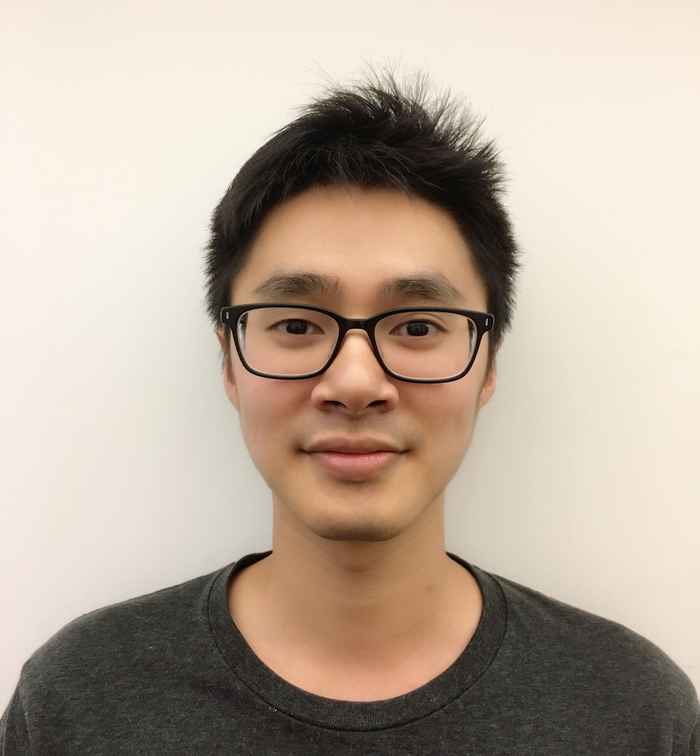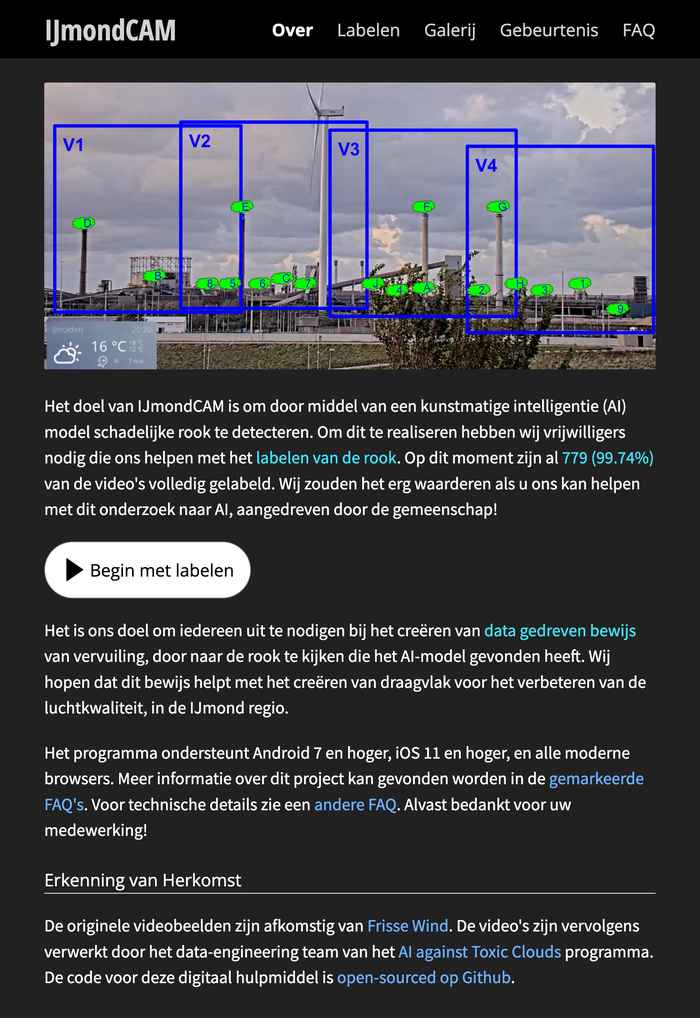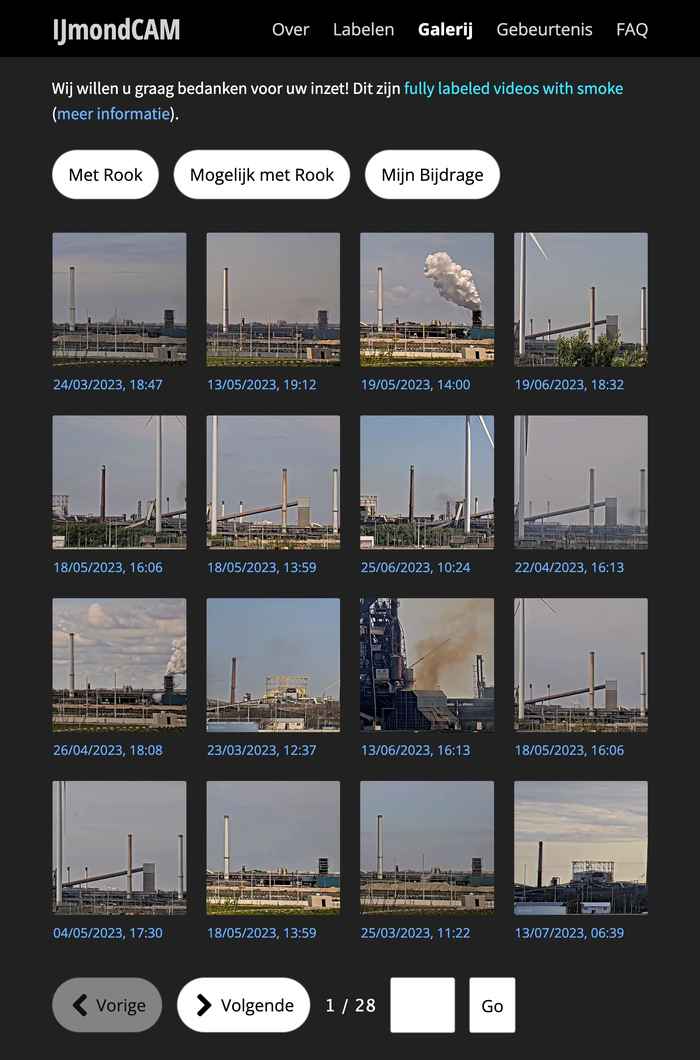AI empowers local communities
8 July 2024

‘I am very interested in urban issues, in things that are happening in local communities and that affect our living environment.’ Yen-Chia Hsu started studying architecture in Taiwan, but gradually found out that he was also interested in mathematics. He took programming courses and double majored in computer science. It was there that he came across the field of Human-Computer Interaction, and it has not let him go. His supervisor, a graduate of a US university, encouraged Hsu to continue his studies in the US. He ended up doing his PhD at the Robotics Institute at Carnegie Mellon University (CMU) in Pittsburgh. ‘When architects design a building, they usually study the local context first. I do the same thing, but I don't make buildings, I make software.’ Hsu calls his research 'community empowered AI'; he uses software to support local communities. While there are many examples of citizen science, he explicitly wants to do science not for but with people. ‘My role as a software developer is to unlock data for users and work with them to create solutions.’
My role as a software developer is to unlock data for users and work with them to create solutions.Yen-Chia Shu
Pittsburgh
Hsu came into contact with an action group in Pittsburgh. Its members were experiencing a lot of nuisance from a nearby coke plant and were looking for ways to address this to the local government. With the CMU CREATE lab, Hsu built a web platform to visualise the data from cameras and air quality sensors that were installed in the neighbourhood. The cameras recorded large clouds of smoke from the factory chimneys, but manually scanning the images to find emissions was a lot of work. So Hsu developed an AI model that was able to detect smoke emissions automatically. As a result, people could easily select fragments from the large amount of camera footage. Hsu and his team also developed an app, smellpgh.org/, that allowed residents to file a smell report. Along with sensor information and odour reports, this information was passed on to authorities, and presented at local meetings. It worked. The tool raised a lot of awareness among government agencies and community groups. Early 2016, the parent company of the coke plant decided to close it. Since then, complaints and ER-visits decreased tremendously.
Tata Steel
Addressing air pollution has been a major topic in his career for some time. After living in Pittsburgh for ten years, he did a job search worldwide and took a postdoc offer at the Faculty of Industrial Design Engineering at TU Delft. He then got a position at UvA's Informatics Institute with MultiX group as an assistant professor. Because of his work with local communities, he encountered action groups and air quality monitoring groups concerned about Tata Steel's emissions in IJmuiden. Just as in Pittsburgh, he is working with these groups to create software that brings together information on industrial smoke emissions, for example with Frisse Wind and Hollandse Luchten. For this, he is creating a website where people can label camera images; they indicate when smoke can be seen. With this data, an AI model is trained so that it can eventually detect the smoke itself. Currently, Hsu is testing different AI models to see which one gives the best results.
He is also working on segmenting the region of smoke emissions, which means identifying which pixels contain and which ones don’t contain smoke. This should give a rough idea of the amount of emission. He also wants to run a correlation analysis between the smoke emissions and air quality data. ‘Eventually, I would also like AI to be able to determine the volume of the smoke. But that is quite difficult. For that, we need advanced AI techniques and cameras from multiple angles.’
For Hsu, it is remarkable that all stakeholders are willing to come together in the Netherlands. However, it is too soon to call that a good development, he finds. ‘First let's see how this project goes. Air quality affects many people and I hope I can contribute to finding a solution.’
More information
Website Frisse Wind and Hollandse Luchten
In the media
Yen-Chia Hsu in documentary air pollution. He is assistant professor at Informatics Institute, of the MultiX research group and appears in a short documentary and an article with respect to his previous air pollution research in Pittsburgh, when he was a PhD student.
The story is from 00:08 to 11:40.
15 December 2023 - NL/EN EenVandaag, Avro/Tros
15 December 2023 - NL EenVandaag, Avro/Tros

